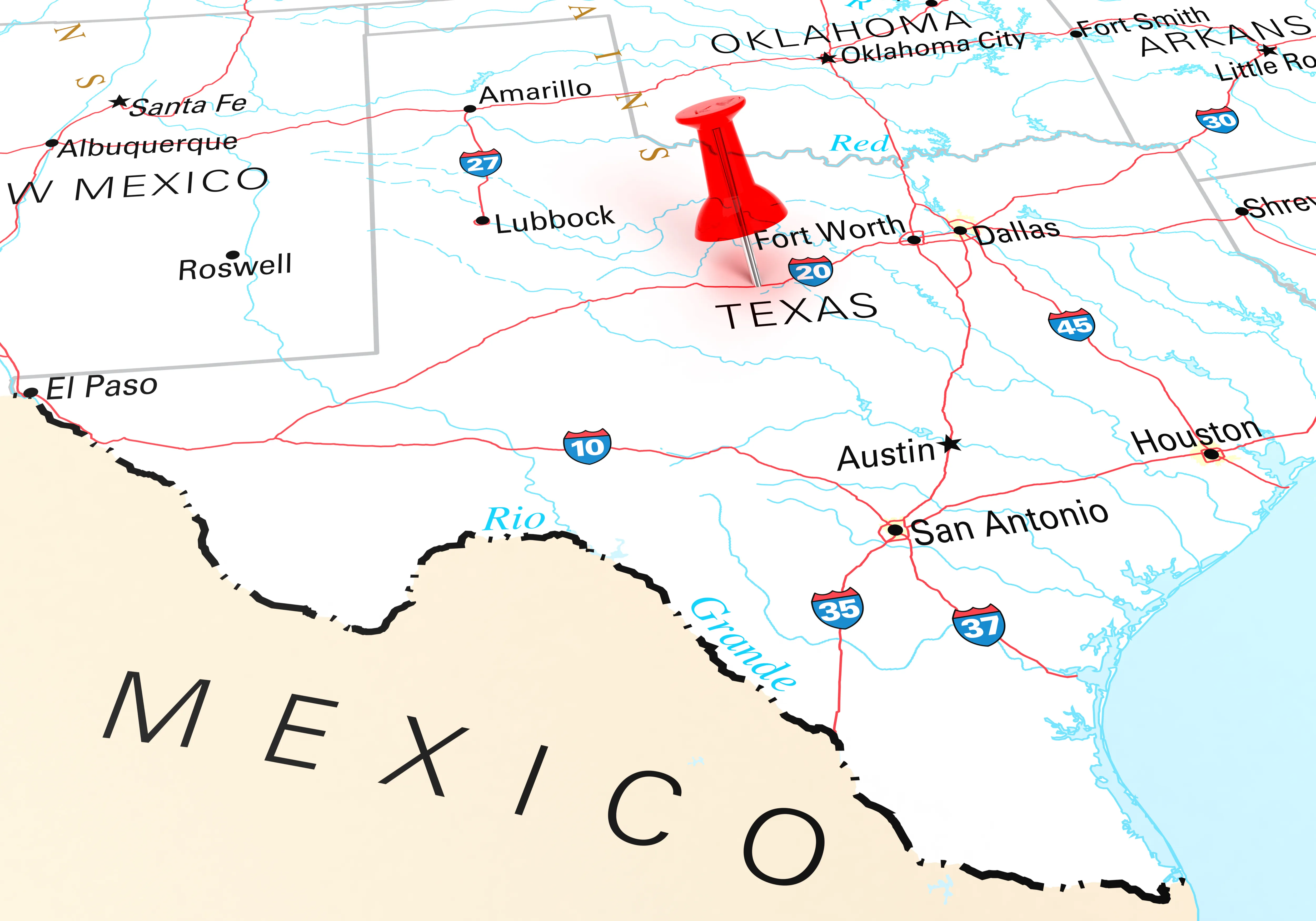
Most CU faculty believe academic freedom is secure on campus
The majority of faculty at the University of Colorado, Boulder, said they believe that academic freedom is secure on campus.
This is according to the “Silence in the Classroom: The 2024 FIRE Faculty Survey Report,” which was conducted by the Foundation for Individual Rights and Expression, a nonprofit organization focused on protecting free speech on college campuses.
Of the 115 faculty surveyed, 70 percent said they believe that academic freedom on campus is either completely, very, or somewhat secure.

© iStock.com - leolintang
This is slightly higher than the national average of 64 percent of all faculty surveyed.
FIRE's survey polled 6,269 faculty members at 55 major colleges and universities over a three-month period. According to FIRE, faculty reported a “fraught campus atmosphere in which wide swaths of those surveyed admitted to hiding their political views to avoid censure.”
At the University of Colorado, the majority of faculty, 67 percent, said they believe the administration protects free speech on campus.
The survey also took a special look at the diversity, equity and inclusion movement and how faculty view it.
The University of Colorado’s DEI department states that advancing DEI is “not the responsibility of a single campus unit, but of the entire campus community.” And, even as backlash is growing against DEI initiatives in higher education, the school’s recently-appointed chancellor has made diversity a “clear obligation” for the college.
Notably, while 61 percent of the faculty identified themselves as liberal, 52 percent of the respondents also said they believe DEI statements are never or rarely justifiable in the hiring process. That is aligned with the national average of 50 percent.
DEI is just one part of the broader conversation happening in higher education about freedom of speech.
The FIRE survey also found the majority of faculty listed the Israeli-Palestinian conflict, racial inequality, and transgender rights as the hardest topics to discuss on Colorado’s campus.
While 51 percent of faculty said they never feel like they must hide their political beliefs from other faculty to keep their jobs, 40 percent did say they have felt the need to tone down something they wrote to avoid controversy.
Thirty-one percent said they occasionally or often hide their political beliefs from other faculty to keep their jobs. That is just slightly higher than the national average of 29 percent.

















